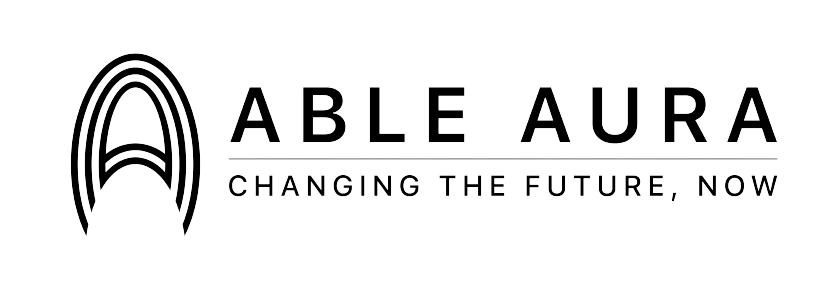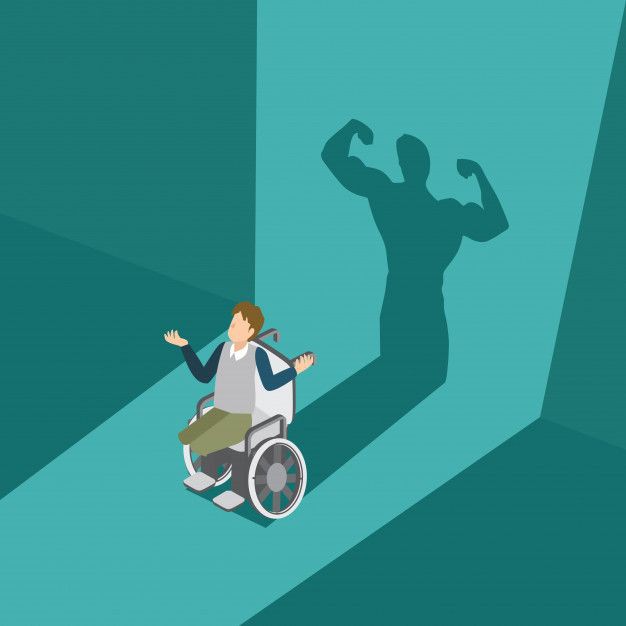Ensuring Full Participation of Persons with Disabilities in India’s Political and Civic Life
People with disabilities are one of the most marginalized and excluded groups in Indian society. Despite being the largest minority group in the country, they are often overlooked and discriminated against, particularly when it comes to their participation in political and civic life. However, ensuring the full participation of persons with disabilities in India’s political and civic life is not only a legal and moral obligation, but it also benefits society as a whole.
The rights of persons with disabilities in India are protected by the Rights of Persons with Disabilities Act, 2016, which recognizes their right to participate fully and equally in all aspects of life. This includes the right to participate in political and civic life, including the right to vote, stand for election, and hold public office. However, despite these legal protections, persons with disabilities continue to face significant barriers to their participation in these areas.
One of the most significant barriers to the participation of persons with disabilities in political and civic life is the lack of accessibility. Many polling booths, for example, are not wheelchair accessible, which means that persons with physical disabilities are unable to cast their votes independently. Similarly, many political rallies and events are held in inaccessible locations, making it difficult for persons with disabilities to attend and participate.
Another major barrier to the participation of persons with disabilities in political and civic life is the lack of awareness and sensitivity among political parties, candidates, and the general public. Many people are unaware of the rights and needs of persons with disabilities, and as a result, they may not take their needs into account when planning and organizing political and civic events. This can make it difficult for persons with disabilities to fully participate and have their voices heard.
To address these challenges, there are several steps that can be taken to ensure the full participation of persons with disabilities in India’s political and civic life. These include:
- Providing accessible polling booths and voting machines: This will ensure that persons with physical disabilities can cast their votes independently and without assistance.
- Providing information in accessible formats: All political and civic information should be made available in accessible formats, such as braille, audio, and sign language interpretation.
- Raising awareness and sensitivity: Political parties, candidates, and the general public should be educated about the rights and needs of persons with disabilities, as well as the benefits of their full participation in political and civic life.
- Encouraging the participation of persons with disabilities: Political parties and candidates should actively encourage the participation of persons with disabilities in their events, rallies, and campaigns.
- Providing accommodations: Political parties and candidates should provide accommodations, such as sign language interpreters and accessible venues, to ensure that persons with disabilities can fully participate in all political and civic events.
By taking these steps, India can ensure that persons with disabilities are able to fully participate in political and civic life, which will not only benefit them but also benefit society as a whole. When persons with disabilities are able to fully participate and have their voices heard, they can contribute their unique perspectives and experiences, leading to more inclusive and representative policies and decision-making.

